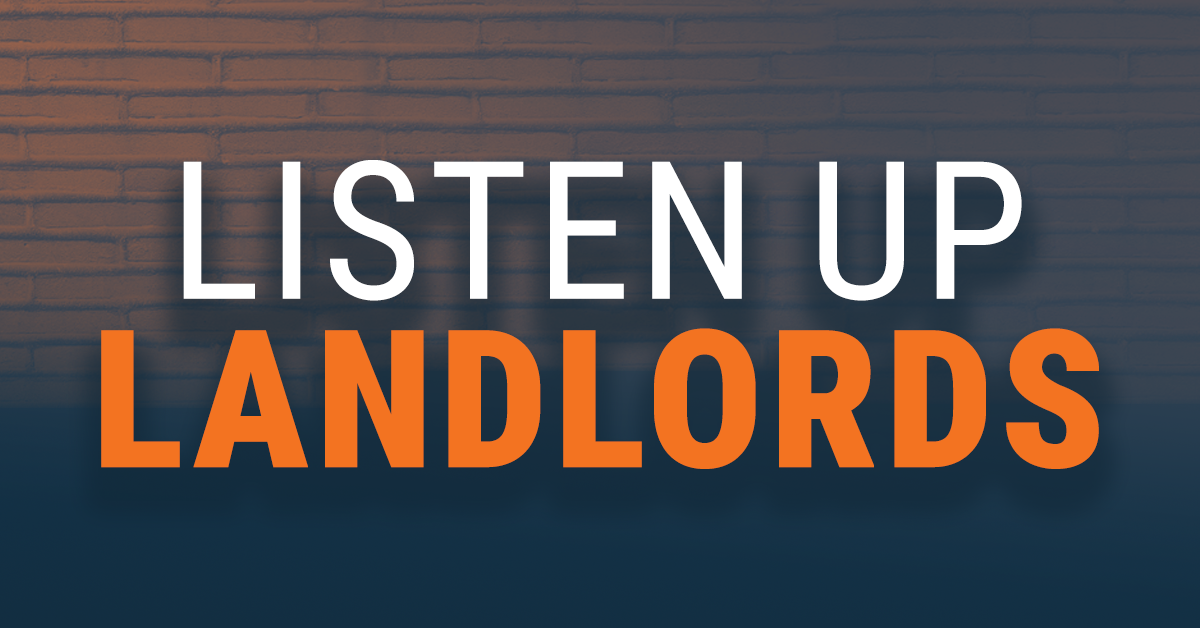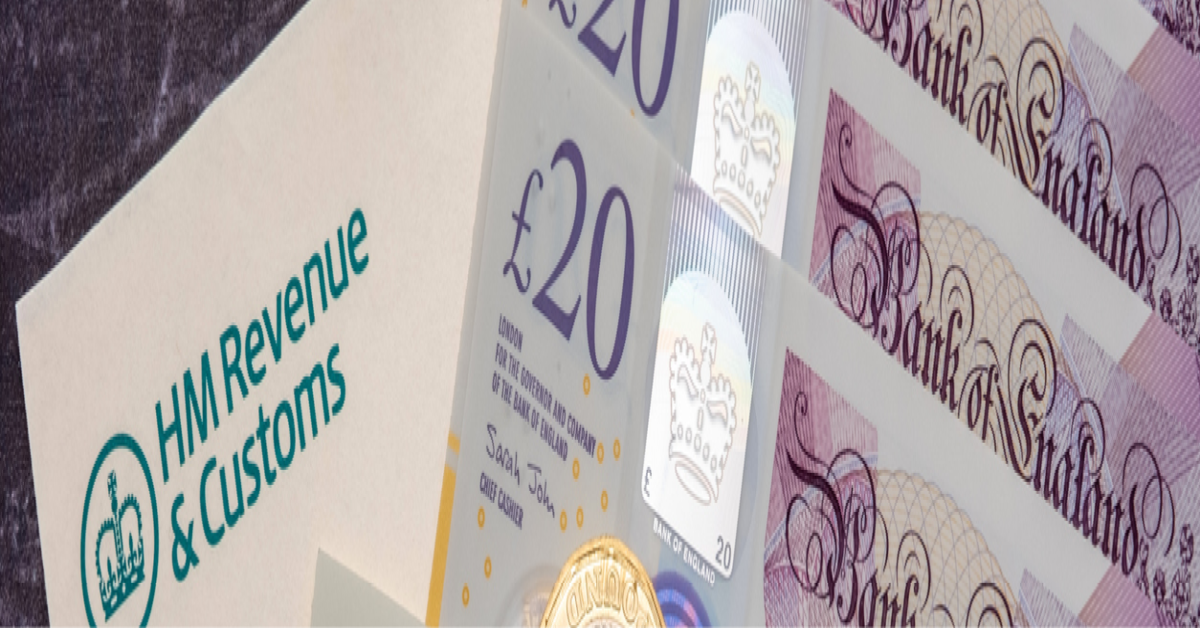Summary
The private rented sector (PRS) now provides a home for one in five UK households. Buying a home is out of reach for many people and the demand for private renting is set to increase. The Royal Incorporation of Chartered Surveyors (RICS) estimates that 1.8 million new homes to rent are required by 2025.
Despite this, little is being done to create a pro-growth tax environment for the sector. In fact, the tax environment is actively dissuading landlords from investing in new properties or releasing old ones for purchase.
The majority of PRS accommodation is supplied by ordinary people who own one or two properties, investing as an alternative to a pension. Government policy has undermined the confidence of private landlords. Recent tax changes, including restrictions on mortgage interest relief and an additional 3% surcharge on stamp duty have deterred investment by landlords and stalled the whole housing market.
Our policy
We are calling on the Welsh and UK Governments to look at:
- Ending the Land Transaction Tax (Wales' version of stamp duty) levy on additional homes where the property is adding to the net supply of housing. This includes bringing empty homes back into use, converting commercial buildings to residential, developing new properties or converting larger properties into smaller, more affordable rental properties.
- Reducing the capital gains tax (CGT) rate for the sale of residential properties so that landlords are not put off from selling properties to tenants.
- Scrapping the changes to mortgage interest relief (MIR).
Making tax digital
The UK Government has committed to introducing a new digitised process for submitting your taxes. The new approach called Making Tax Digital, includes keeping digital records and using software to submit tax returns. This already covers VAT, however plans to extend it to income tax have been delayed. We successfully lobbied to Government for this, raising concerns about how quickly landlords would need to comply.
The Government has recently announced that Making Tax Digital will be extended to VAT-registered businesses with turnover under £85,000 from April 2022 and self-employed businesses and landlords with annual business or property income above £10,000 from April 2023.
Some landlords have been involved with a pilot test of the service for income tax. If you would like to participate in the pilot, you can find out more here.
Latest news
NRLA podcast: Landlord affordability and finding the right tradesperson
In this month's episode of Listen Up Landlords presenters NRLA chief executive Ben Beadle and Richard Blanco discuss the issue of affordability in the private rented sector – and challenge of finding the right tradesperson when you need them.
Self assessment registration deadline looming
The deadline to register for Self Assessment is looming. Here Jashoda Pindoria from HM Revenue and Customs (HMRC) explains what Self Assessment is and what you may need to do.
Record number of former rentals up for sale
New figures out today show the rental housing crisis is worsening – with the number of former rental homes up for sale hitting record highs. The NRLA said the data, from property portal Rightmove, is bad news for all tenants looking for a home, with a bold new approach needed if the Government is to tackle the massive imbalance between supply and demand.
HMRC: The stress-free guide to self-assessment
Self Assessment need not be daunting with HMRC’s simple steps on getting started. Whether you are self-employed, a business owner or maybe you have a side hustle in addition to your day job, this guide, by Jashoda Pindoria, Head of Self Assessment Operations at HMRC is for you.
Self-assessment tax deadline fast approaching: advice for landlords
Landlords are reminded that the self-assessment tax return deadline is fast approaching, and they have until 31st January 2023 to file their self-assessment tax return online.
Related Documents
Landlord Tax Benefits & Deductions | Landlord Tax Allowance
Last Updated: 23/09/2024
What landlords need to know about tax
Changes To Tax That Affect Landlord Self Assessments
Last Updated: 23/09/2024
What changes will affect your self assessment





